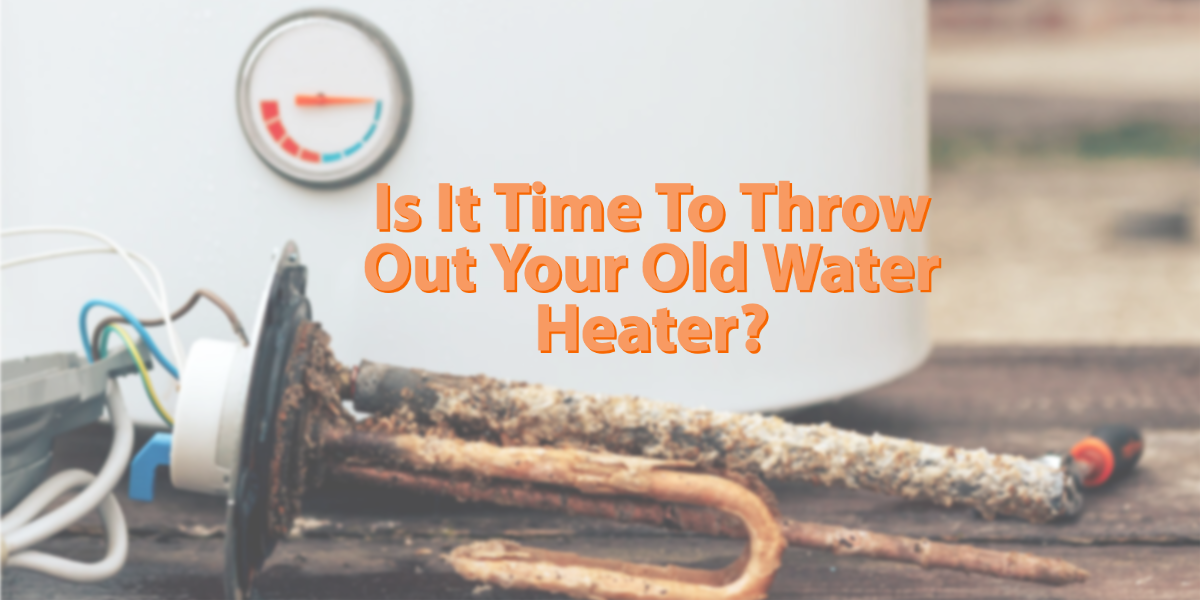It’s fall, and we really appreciate warm water around this time! However, getting things done around the house comfortably and thoroughly could be challenging without your water heater. Some items include showers, dishes, washing dirty clothes, or anything else that requires hot water. To ensure that you have access to warm water whenever you need it, your water heater goes above and beyond your expectations. However, sometimes it comes at a cost when something overworks or has been working for too long. And in that case, it can result in problems that may require a professional. Luckily, in this article, our plumbing professionals at Lebanon Plumbing & Drain will share common water heater issues and the best solutions to get your equipment back up and running.
What Are The Water Experiences You Have Today?
The worst one can experience is coming home from work ready for a nice hot shower, and you get in the shower as it’s only getting cold water! Unfortunately, one of the significant problems that water heaters experience is irregular water temperature. You could encounter three different types of water temperature: water being too cold, too hot, or warm but not hot enough. Below we explain the likely causes and how to address the situation:
Water is too cold – Nobody should have to wake up to the shock of ice-cold water every morning. Some causes of cold water running throughout your home are possibly a heating element that has gone bad, a defective thermostat, or a poor power supply: Below are some things you can check to find out what is causing the problem.
- You can start by resetting any blown fuses or tripped breakers.
- Be sure you check to see if your power is still on; as easy as that sounds, that could be the cause.
- If you’re still running cold water, ensure that the thermostat is set to the correct temperature.
Water is too hot – A high thermostat temperature typically results in too hot water in your home. While you’ve kept the thermostat at the same temperature (120 degrees Fahrenheit is ideal), your water heater can heat water at much higher temperatures. Therefore, the first thing you should do is reduce the temperature on your thermostat. If things do not improve after a few hours, it is most likely due to your thermostat.
Water is warm but isn’t hot enough – The water in your home isn’t warm enough for you and your family could be due to a faulty heating element, an undersized water heater, a defective thermostat, or crossed cold and hot connections. To rule out the possibility of crossed connections, it is best to turn off the water supply and then turn on a hot faucet in order to test the water supply. It is possible that you may have a crossed connection problem if you still hear water flowing from the hot tap when you open the cold tap. Nevertheless, suppose that doesn’t seem to be the issue. In that case, we suggest contacting your local plumbing contractor. In addition, you want to ensure that your water heater is of the correct size and to check your water heater’s heating elements thermostat to ensure that your water heater is operating correctly.
Are You Wondering Why Your Water Heater Leaks?
When your water heater leaks, it can be overwhelming because you immediately think of money, am I right? When a home’s water heater leaks, the repercussions are often quite severe. If the l lets out water for an extended period of time, water damage can ruin your walls and flooring. Many homeowners want to fix leaks fast but don’t always know where they come from or why they happen. However, this knowledge saves homeowners money and time. Luckily, leaks are easy to identify when you know where to look. Below are some reasons why your water heater is leaking.
- Improper water pressure
- A bad gasket
- Faulty temperature
- Overheating water heater
- A leak from a nearby plumbing connection.
If there is a leak still present even after following these steps, we advise calling us at Lebanon Plumbing & Drain to have a closer look at your water heater.
How Does Your Home’s Water Look? Is Your Water Discolored?
Your home’s running water may appear discolored, especially if it is rusty, indicating corrosion inside your water heater. Anode rods and older water heater tanks are usually to blame for this. However, it is best to seek advice from a local plumber when it comes to determining whether an anode rod needs to be replaced or whether a new water heater needs to be installed.
Call Us At Lebanon Plumbing & Drain
Whether you need a minor fix or to replace your entire water heater, it can be a big job. Our plumbing professionals at Lebanon Plumbing & Drain can handle all the dirty work at competitive prices others can’t beat! We are here to help when you need it the most; call us today at (513) 427- 2443 or schedule an appointment online by clicking here!




